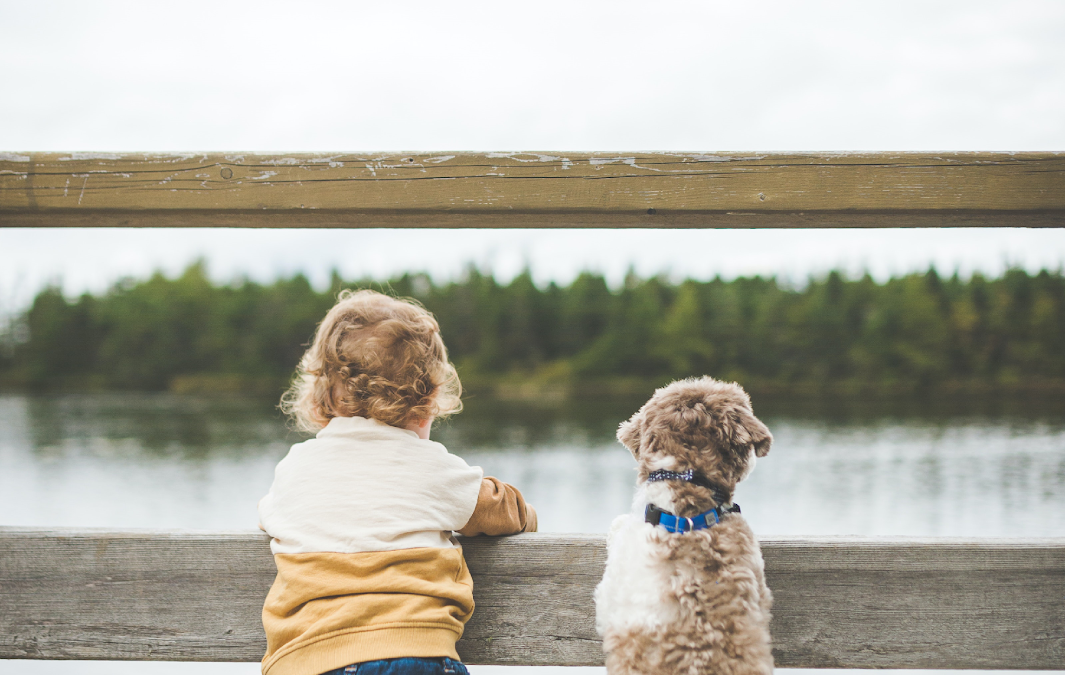Fear is a learned response. A few years ago, I adopted a dog. When I introduced her to my friend’s four children, the only one who did not hesitate or show any fear was her ten month old daughter. It is not that the other three kids had been traumatized by a dog, but in their short lives, they had learned that not all dogs are friendly, and what if my dog wasn’t friendly?
When a child is traumatized, the feeling of fear becomes so much greater than simply wondering if a dog is friendly or not. Often, the child is threatened by their perpetrator, and the fear can transfer to many other situations than the abuse itself. These children, just like adults with PTSD, can have flashbacks and nightmares which increase the fear. Getting the child into a safe environment is crucial to addressing the fear and treating it.
Treating a traumatized child’s fear can be so beneficial to their healing journey. Just knowing they are safe can dissipate their feelings of isolation, prevent future health problems, teach them to love and accept themselves, and learn to let go of their trauma and fear.
Once my friends older three children saw that my dog was safe and friendly, they embraced her with love and joy. Now I just need to teach her to not be so excited when people want to talk and pet her!

